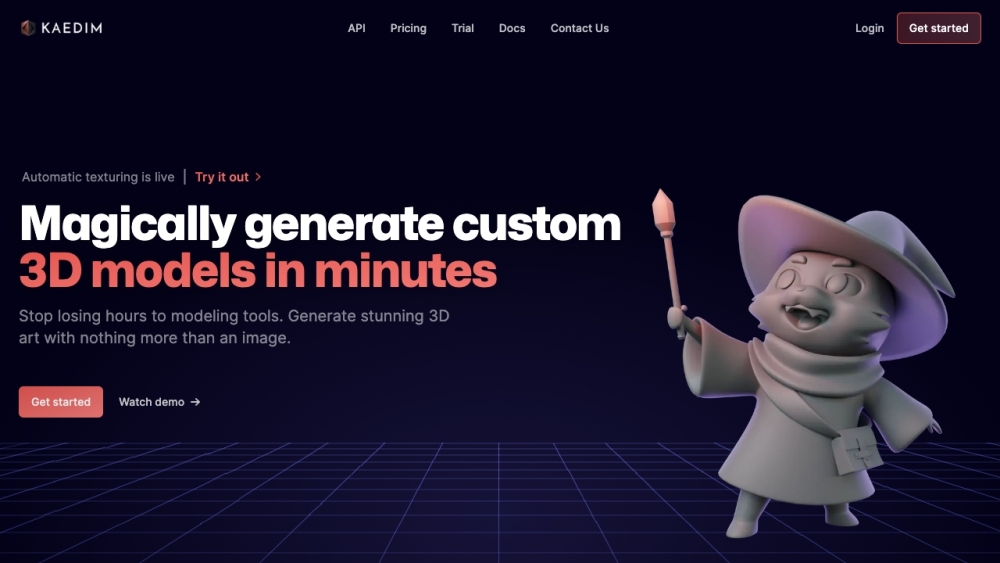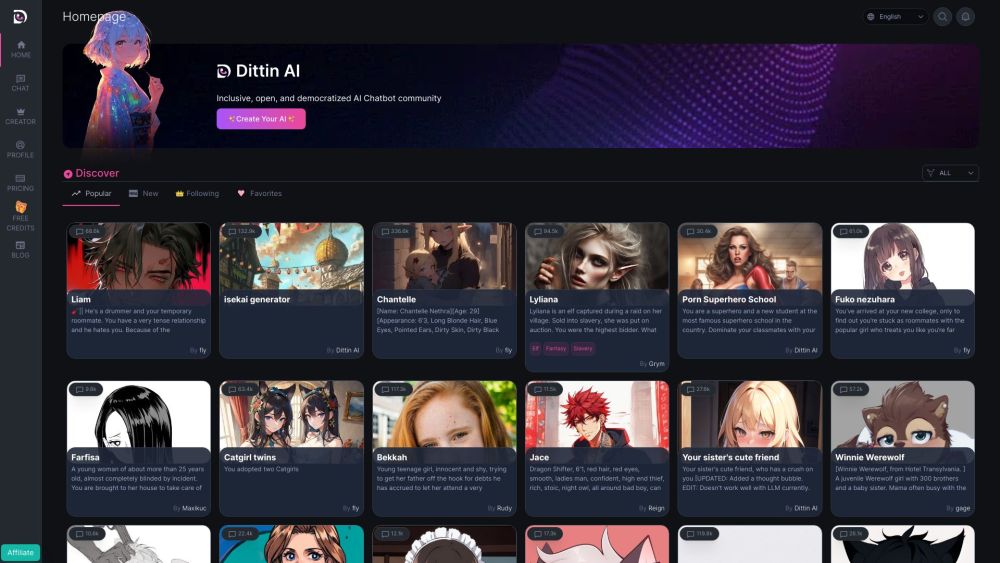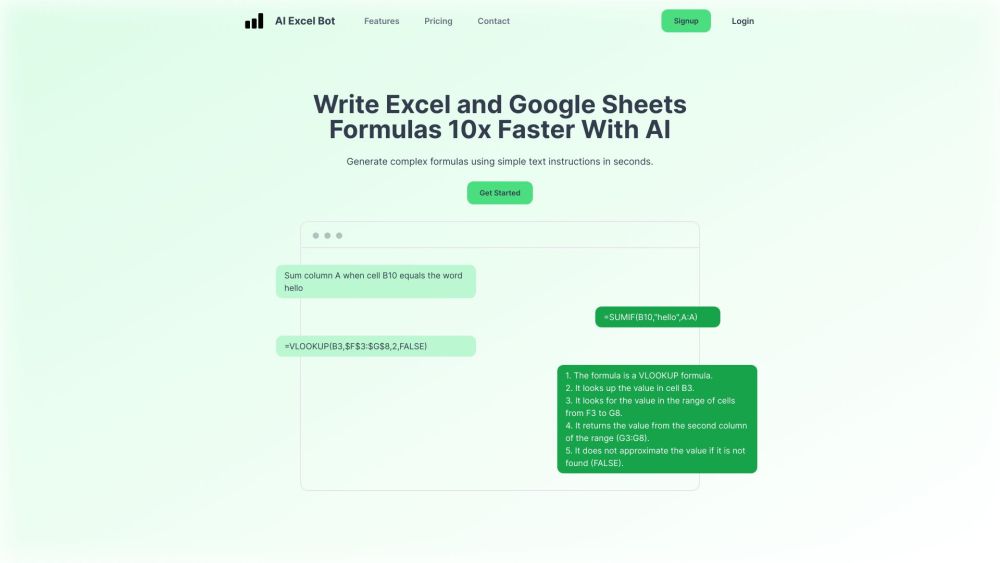In a significant advancement in the realm of generative artificial intelligence, OpenAI has introduced a new feature that enables enterprise-level clients to customize or fine-tune its powerful AI model, GPT-4o, using their proprietary data. As competition intensifies among AI firms to attract business clients, this new capability marks a pivotal shift in OpenAI's approach. Industry analysts believe that allowing enterprise customization of what is considered the most capable AI model to date is a response to both the escalating commercialization of AI products and the need for OpenAI to boost its revenue to support ongoing research and development investments. Moreover, businesses are under increasing pressure to demonstrate that their AI investments yield profitable growth, further motivating OpenAI to offer this feature.
OpenAI launched this customization function recently, referred to as "fine-tuning." This functionality allows enterprise clients to enhance existing AI models with specific information relevant to particular tasks or domains. For instance, a company specializing in skateboards might fine-tune an AI model to serve as a customer service chatbot, adept at addressing inquiries about specialized wheels and skateboard maintenance. This represents a major leap for OpenAI's flagship AI model, which previously did not provide fine-tuning capabilities. Previously, OpenAI only permitted enterprise customers to fine-tune smaller versions of its AI models, such as GPT-4o mini, which is a more cost-effective, streamlined edition.
With the introduction of fine-tuning for GPT-4o and its predecessor, GPT-4, enterprises can now optimize one of the most advanced AI models more directly, bypassing the need for external IT services. This move is significant as many AI tech companies strive to offer tailored AI models of varying sizes. Olivier Godement, OpenAI's head of API products, noted that the company is focused on facilitating direct collaboration with enterprises to simplify the customization process. “We have consistently aimed to lower barriers, minimize friction, and reduce the workload required for fine-tuning,” he emphasized.
To utilize the fine-tuning feature, enterprise clients need to upload their data to OpenAI’s servers. John Allard, a software engineer responsible for customization, stated that fine-tuning typically requires one to two hours on average. Currently, users can only fine-tune the AI model using text-based data, rather than images or other content.
The implications of this development are significant in the context of potential market applications and competitive trends. Enterprise clients need AI models to adapt to their specific industry requirements. Through fine-tuning, businesses can enhance the performance of the GPT-4o model on specific tasks, such as improving response times in customer service systems or providing precise recommendations in complex technical fields like software engineering or financial analysis. As competition in the AI market intensifies, companies are increasingly seeking tangible benefits from their AI investments. By allowing clients to customize GPT-4o, OpenAI not only improves its model's versatility but also strengthens its competitiveness in the enterprise sector. Firms can now integrate AI into their operations more directly and efficiently, accelerating their realization of value.
Simplifying the customization process makes fine-tuning and personalizing AI operations more accessible, thereby lowering the technical barriers for businesses to adopt AI technologies. This is likely to attract more enterprise clients, particularly small to medium-sized businesses lacking robust technical support, thereby expanding the reach of GPT-4o in the market.
As the "explosion" of enterprise-level AI applications draws nearer, OpenAI's Chief Operating Officer has predicted that 2024 will be the year of AI application. This suggests that popular generative AI applications similar to ChatGPT may soon experience a rapid surge in adoption. As businesses and individual users recognize the significant improvements in work efficiency brought by AI, the introduction of the customization feature for OpenAI's flagship model is expected to lead to widespread adoption of AI technologies across global markets.
According to a report by Mordor Intelligence, the enterprise AI software market is anticipated to grow remarkably at an annual rate of 52% from 2024 to 2029. The fourth industrial revolution, characterized by advanced digital technologies like AI and ubiquitous computing power, is set to significantly impact global industries, particularly as companies increasingly understand the value of integrating AI into their processes to enhance efficiency and reduce costs. Additionally, the global banking giant UBS recently reported that the technology sector is on the brink of a substantial growth phase, predicting that by 2027, AI technology will see widespread application across various industries worldwide. This could elevate the AI models and applications market to a valuation of $225 billion, a monumental leap from the previous $2.2 billion. During this period, a compound annual growth rate of 152% is expected, with total AI industry revenues projected to increase fifteenfold from approximately $28 billion in 2022 to $420 billion by 2027.




